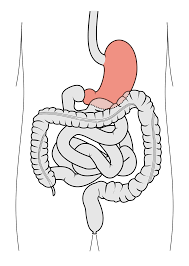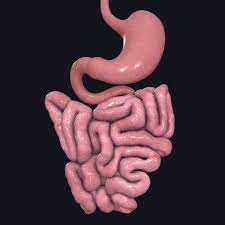The Science Behind Procrastination
- Oct 23, 2022
- 2 min read
We all know that feeling. Having an assignment due in a couple hours that you’ve had all week
to do but have not started. This phenomenon is known as procrastination and affects millions of
students and workers all across the globe. It’s not just limited to students and workers though.
Everybody procrastinates whether it be procrastinating going to the grocery store, a doctor's
appointment or whatever other obligation a person may have. What is more prevalent is that
procrastination is becoming even more of an epidemic and it once was. Nearly 75% of college
students are repeat and habitual procrastinators which can lead to issues such as stress, anxiety,
and lack of sleep. This poses the question: why do people procrastinate, and what can they do to
stop this behavior?

According to Sharon Greene who specializes in treating anxiety and
depression at Providence St. John’s Child and Family Development Center in Santa Monica
California, procrastination results from a struggle between a person's limbic system and
prefrontal cortex of the brain. She states that “Your limbic system is an older part of the brain
that is automatic and seeks out pleasure and/ or avoids things that cause distress,” whereas “Your
prefrontal cortex is a newer part of the brain that helps with planning, decision-making, and
long-term goals. We all suffer at times from procrastination due to these fighting structures in our
brains.” A recent study by Dr. Bill Hudenko may further prove Dr. Greenes point. He found that
people who are habitual and repeat procrastinators have a larger amygdala which is the part of
the brain responsible for emotions, primarily feelings of anxiety and stress. The real issue
becomes the development of disorders such as anxiety. Procrastination can cause unnecessary
stressors on people's lives and this state of constant stress and distress can lead to anxiety disorder. Procrastination can also be caused due to chemical imbalances caused by mental illnesses such as ADHD which lead to a lack of dopamine sent to the prefrontal cortex.




Comments